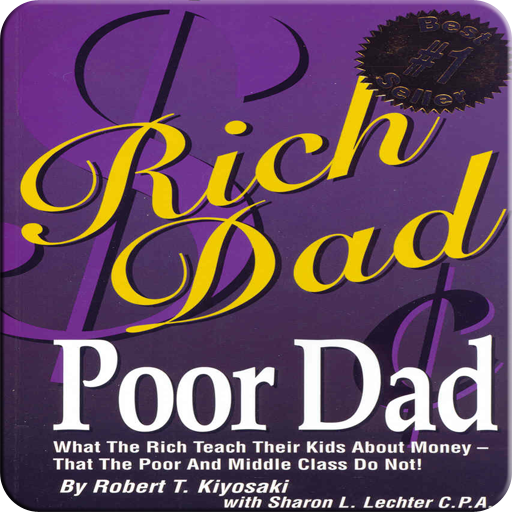Whenever I do my talks, I remind people that financial IQ is made up of knowledge from four broad areas of expertise:
只要我谈到这些知识,我就会提醒人们:财商是由4个方面的专门知识构成的:
The first area is accounting what I called financial literacy, a vital skill if you want to build an empire.
第一是会计,也就是我说的财务知识。如果你想建立一个自己的商业帝国,财务知识是非常重要的。
The more money you are responsible for, the more accuracy is required, or the house comes tumbling down.
你管理的钱越多,就越要精确,否则这幢大厦就会倒塌。

This is the left-brain side, or the details. Financial literacy is the ability to read and understand financial statements.
这需要左脑来处理,是细节的部分。财务知识能帮助你读懂财务报表。
This ability allows you to identify the strengths and weaknesses of any business.
还能让你辨别一项生意的优势和劣势。
The second is investing what I called the science of "money making money." This involves strategies and formulas.
第二是投资,我把它称为钱生钱的科学。投资涉及策略和方案。
This is the right-brain side or the creative side.
这要右脑来做,是属于创造的部分。
Next you must obtain expertise in understanding markets, the science of supply and demand.
第三是了解市场,它是供给与需求的科学。
There is a need to know the technical aspects of the market, which is emotion-driven.
这要求了解受感情驱动的市场的“技术面”。
Does an investment make sense or does it not make sense based on the current market conditions?
根据现在的市场状况,一项投资是理智的还是冲动的?
Finally you must understand the law.
最后你必须要懂法律。
An individual with the knowledge of the tax advantages and protections provided by a corporation can get rich so much faster than someone who is an employee or a small-business sole proprietor.
了解减税优惠政策和公司法的人会比雇员和小业主更快致富。
It's like the difference between someone walking and someone flying. The difference is profound when it comes to long-term wealth.
这就像一个人在走,而另一个人却在飞。久而久之这种差距就更大了。



